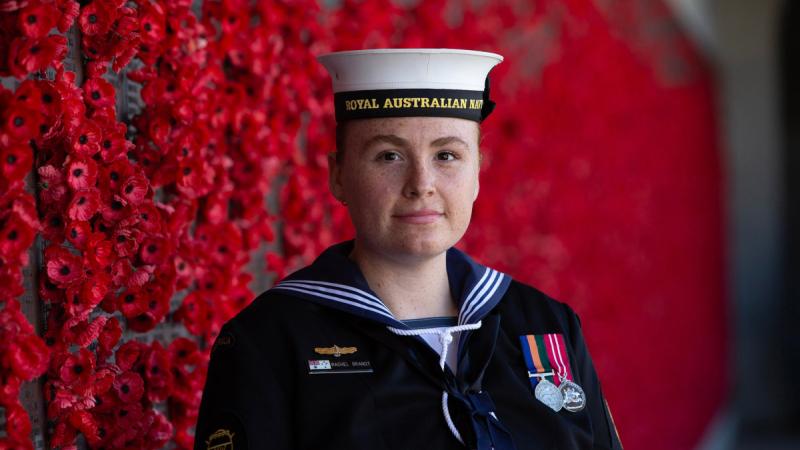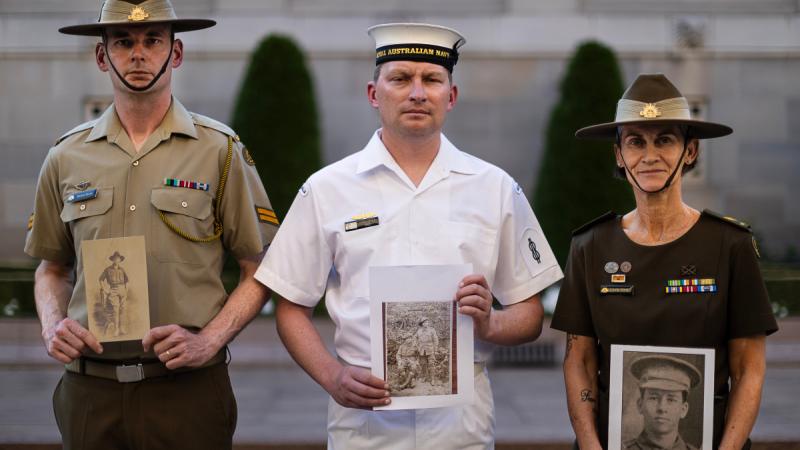KIERAN GILBERT: We’re going to turn our attention now to Labor’s plan to end the freeze on the Medicare rebate. Joining us is the AMA President, Dr Tony Bartone. Doctor, thanks so much for your time. You’d welcome this as a development but is it a bit late coming, given it was Labor in the first place that put the freeze in place?
TONY BARTONE: Good morning, Kieran, and thanks for your question. At the end of the day, this freeze had to end, and it had to end sooner than has been announced. It should never been in place in the first place. It’s put unnecessary pressures on both patients, in terms of their out-of-pocket costs when seeing a doctor, and on the GPs who are bulk billing their patients. It should never have been there, and so of course we welcome it. But as I say, this has been a cost on both patients and doctors.
LAURA JAYES: Doctor, what has been the real effect? You say it has been a cost on patients and doctors but the data shows that bulk billing rates haven’t dropped all that much. So does that mean that doctors have been, I guess, taking on all the weight?
TONY BARTONE: So, there are two different streams happening at the same time. For those who are being bulk billed, that means the doctor is absorbing that cost, but of course those are the headline. It’s other expenses, the wages, the leases, the phone bills, the insurance have still kept going up with CPI over that time. And so something was going to have to give. And so of course we’ve seen pressures to the sustainability of being able to continue that bulk billing rate.
But in those other cases, in up to about a third of cases where patients actually see their GPs, they were having an out-of-pocket, and that out-of-pocket was increasing year on year. It was increasing faster than CPI, faster than inflation, and that was of course putting pressure on patients unnecessarily.
KIERAN GILBERT: With the freeze being lifted by Labor, if they do win the election, will that level the playing field, so to speak? Because the former AMA President, Kerryn Phelps, told us earlier that Australian doctors are currently – their pay is among the lowest in the OECD.
TONY BARTONE: That’s an extremely important point to realise. Ending the freeze is but one part of the discussion here. We need to understand that in terms of investment into the health system, investment especially into general practice, there’s been a significant disinvestment over the past decade or so. I’ve spent the best part of my last 10 months trying to argue the case for a significant investment.
This announcement puts on the table a commitment by the Opposition to invest in primary care. We’ve also heard a similar rhetoric that’s being espoused by the current Government, but we need to see more announcements and there’s a sign that there will be more announcements coming up, both in the Budget and in further Opposition announcements as we approach this really important election campaign.
LAURA JAYES: Absolutely. So on the face of it now, Dr Tony Bartone, are you seeing much difference between spending in health between the two major parties? Or are they about on par?
TONY BARTONE: There are a number of differences and clearly those differences will be highlighted as we go into an election campaign. Clearly, there are differences when we look at hospital spending but, in terms of primary care, we’re waiting to see more evidence of details from both sides. There’ve been a signal that, as I say in today’s announcement, the Opposition has signalled that there’ll be further announcements in that general practice/primary care sector.
But we already know that there are special advisory groups there that has been set up by the Government to look at this very issue. So we’re expecting to see a number of announcements as we lead into that campaign, and we’ll make sure that we highlight the differences and the benefits for the Australian patients, the Australian public, as we enter into that campaign.
KIERAN GILBERT: Okay. Well, it’s a powerful lobby – GP surgeries right around every turn and suburb around the country. Just finally, can you give us a sense, Dr Bartone, whether or not- you’ve spoken about the impact on the financial bottom line, but in your view has it started to impact materially in terms of the medical treatment of Australians – that freeze?
TONY BARTONE: So the professionalism, and the intent, and the desire to impart the best quality care that the Australian medical profession is known for and is recognised around the world, has continued during this very difficult time. But unfortunately there’s always going to be a stepping point or a crisis point where that would have to be refashioned, re-engineered, you might say. And so that’s what we’re trying to avoid, in highlighting what has been this continuing disinvestment, this continual pressure on especially primary care but across the whole health system.
We need to ensure that we have a vision for what we want to see happen in health policy, not just in the next year or two, but right across the next decade or so. We have a growing population of ageing people with lots of additional complex conditions. They all need to be managed. But we need to get ahead of the curve. We need to look at prevention and we need to look at what things can be done to keep patients out of hospitals, which are far more expensive options than intervening at an earlier stage in that condition.
LAURA JAYES: Dr Tony Bartone, thanks so much. Appreciate it.
TONY BARTONE: My pleasure. Have a good day.
25 March 2019








